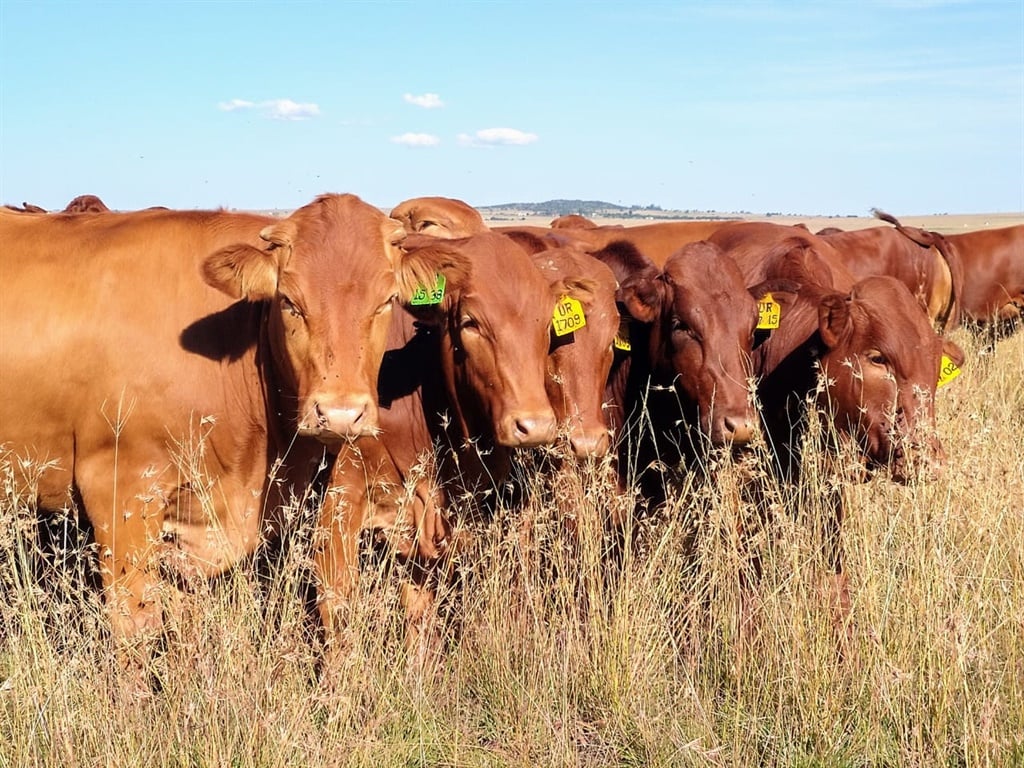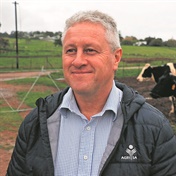
Universities need to adapt their agricultural courses to assist students from communal and less privileged backgrounds, writes Dan Kriek.
Universities are grappling with the practicalities of bringing students back on campuses amid ever increasing Covid-19 risks. We are more than halfway through the academic year and most students have been receiving online lectures and study material so that they can complete the 2020 academic year.
Universities had to rapidly adapt and revert to various innovative ways of remote teaching in a very short space of time.
This can only fill the gap for so long and has its limitations for students from remote rural backgrounds, as well as courses with practical content, like agriculture. These faculties will have their work cut out to ensure that students complete the academic year successfully.
As a former agriculture student and now member of the Council of the University of the Free State (UFS) I take a keen interest in the agriculture division of the Faculty of Natural and Agricultural Science and its critical role in producing a new generation of agricultural scientists and farmers.
Studying agriculture demands the mastering of various practical skills on top of scientific theory.
Agriculture is essentially the practical application of animal, plant, soil and economic sciences.
It is critical that students return to campus to complete the practical part of their courses in order to equip them for work in the modern agricultural sector. It is important for our economic future that all students pass their courses and obtain a qualification to have a shot at entering the workforce, with a forecasted unemployment figure of 35% in December 2020.
The agricultural sector has been a beacon of hope in exceptionally dire economic times.
For example, South Africa recorded three consecutive quarters of economic decline, but the agricultural sector recorded rock star growth of 27.8% in the first quarter of 2020. The development of agriculture in especially rural and communal areas will pave the way to help rebuild the economy.
Agriculture students at the UFS will be returning to campus in September according to year groups in a staggered programme of condensed block sessions where practical work will receive special attention. Postgraduate and final year students will receive special attention in order to complete research and practical studies.
Field research
The lockdown regulations made it very difficult for postgraduate students to complete laboratory and field research. Research involving nature is often dependent on time and seasonality and any postgraduate research is dependent on being able to timeously keep applying for enough funding.
Second and third-year students will return later in the year and first year students will return for a limited period only.
The faculty will make video material of practical work available online and provide a platform where students can engage with lecturers and fellow students. Some practical work will also be completed on the experimental farms of the university, underlining the clear benefits of having such educational infrastructure.
Having said all this about universities sparing no effort to adapt to the new circumstances, this will remain a challenging year and I cannot help but feel anxious for the current plight of students.
My mind goes back to 1988 when I enrolled for a BSc degree in agriculture at the UFS.
Although I grew up in Pretoria, I had ample exposure to farm life and farm activities on our family farm. I matriculated from a privileged Afrikaans school and yet, as a first-year student, I was terrified of taking the science-based subjects like mathematics, physics and chemistry.
Throughout my four-year course I always felt that my fellow students who grew up on farms had a distinct advantage in terms of practical experience. And having gone on to farming after university I can vouch for "school fees" paid when theory does not always correlate with the envisaged practical outcomes. Farming is tough business.
Popular course
Thinking back of my own experience I especially sympathise with students coming from vastly different and less privileged backgrounds than myself. My own year group was all white and most students grew up on farms.
Fortunately, the current reality is a totally different picture.
Students from all walks of life now have the privilege to study agriculture at top universities. Enrolment figures indicate that agriculture is a popular degree course - not only for the traditional reason of "going back to work on the family farm", but because young people from all backgrounds increasingly find it a fascinating subject.
More than 65% of students at the agriculture division of the UFS are black.
Transformation
This bodes well for continued transformation of the agricultural sector. But our history of segregation and exclusion brings with it the reality that many black students have never been on a farm in their lives.
This calls for a different approach and agricultural faculties must adapt to cater for students from communal and less privileged backgrounds. Some poor communities pull together all their means to sponsor young people to study agriculture, so that they can one day return home to literally plough back their knowledge to develop communal land.
This is also why support and involvement of the private sector at our agricultural faculties, especially agri-businesses and other agri-value chain companies, is so important.
There is a definite need for partnerships between university faculties and agribusiness.
Universities can provide research output to benefit the private sector, while the private sector can invest in the training of students which they will need as future employees.
The involvement of farmers, organised agriculture bodies and agribusiness can assist a great deal in exposing students to the diversity of career options that the sector offers.
To all agriculture students - do not use the "Covid year" as an excuse for failure.
Study hard and do your best. Engage with your lecturers as much as you can. The agricultural sector provides ample opportunity as a rewarding career choice.
- Dan Kriek is a cattle farmer from the North Eastern Free State. He is a past president of Agri SA.




 Publications
Publications
 Partners
Partners























